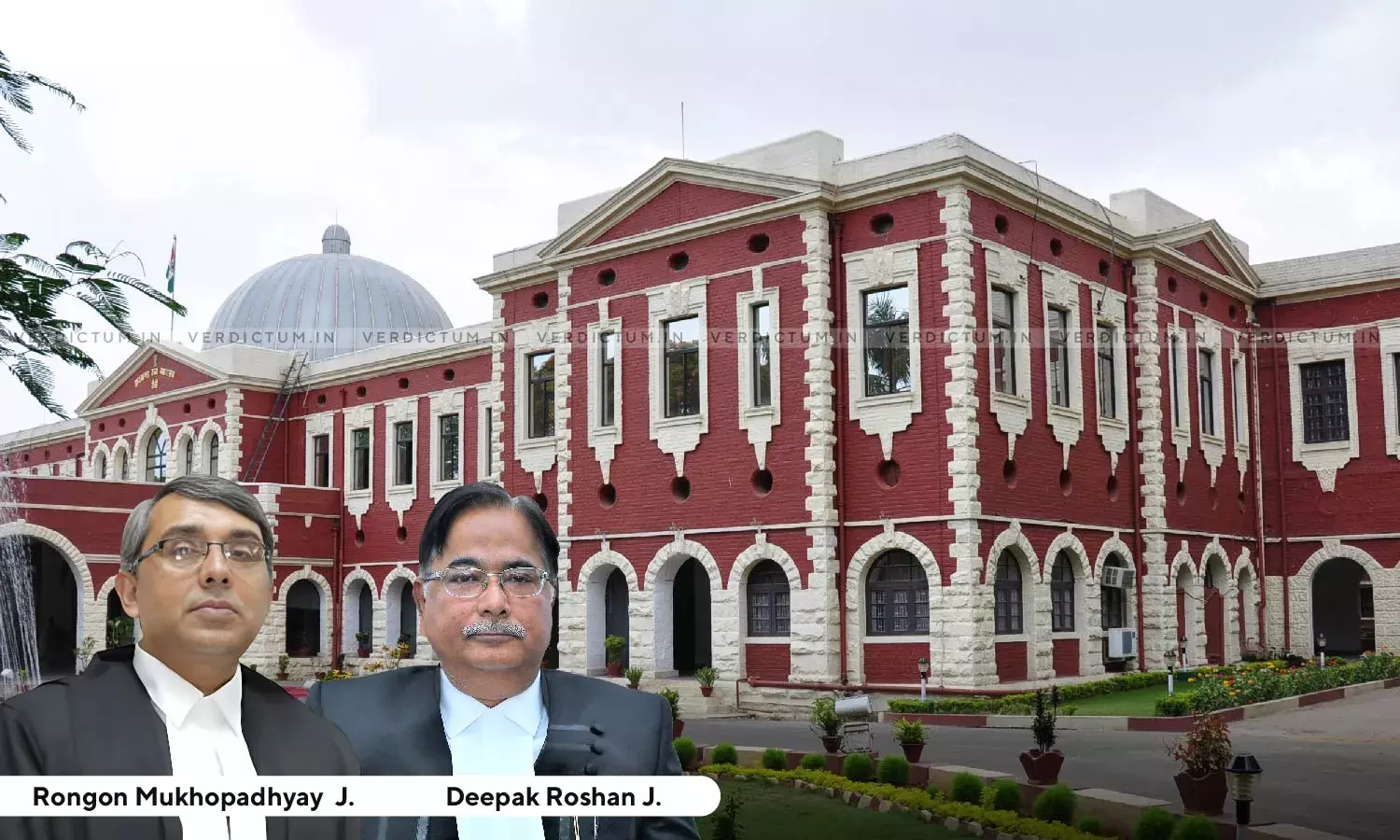Jharkhand High Court Clarifies Section 42(3) Of VAT Act Does Not Extend Time Limits Following Audit Objections, Quashes Repeated Assessment Orders
The Jharkhand High Court has recently observed that there is a need for a definitive conclusion in the assessment process under the Income Tax Act and emphasized that repeated reassessment proceedings, solely initiated based on directives from the audit party, should not be permitted. The High Court also stated that allowing the assessing authority to repeatedly initiate reassessment against a taxpayer at the behest of the audit party would undermine the concept of finality in the assessment.
The Division Bench of Justice Rongon Mukhopadhyay and Justice Deepak Roshan were dealing with a Writ Petition of a businessman, engaged in the business of manufacturing sponge iron, M.S. billets, and TMT bars, challenging the reassessment made by the Assessing Authority, which was carried out in response to an audit objection raised by the office of the Accountant General and executed under Section 42(3) of the Jharkhand Value Added Tax Act, 2005.
It was the contention of the Petitioner that the reassessment orders were issued after the expiration of the statutory time limit set by the JVAT Act. It was submitted that Section 42(3) of the JVAT Act only outlines the circumstances in which reassessment proceedings can be initiated and that the sole provision that allows reassessment proceedings to take place is found in Section 40, read with Section 40(4) of the JVAT Act, which sets a time limit of five years.
It was submitted that since the reassessment orders were issued after the statutory time limit, they lack jurisdiction. However, on the other hand, Respondents stated that a straightforward interpretation of Section 42(3) makes it clear that this section is an independent provision allowing for reassessment based on objections from the Comptroller and Auditor General of India, whether related to facts or legal aspects.
Respondent also submitted that the use of the term 'shall,' indicates the mandatory nature of reassessment when such objections are raised. They further argued that under Section 40(1) of the JVAT Act, the prescribed authority must establish a 'reason to believe' based on information or other means to proceed with dealer reassessment and that Section 42(3) omits the need to establish a 'reason to believe,' and it makes it obligatory for the Assessing Authority to reassess a dealer.
Considering the submissions of both sides, the High Court in its judgement observed that in Sections 42(1) and 42(2) of the JVAT Act, the Legislature deliberately included a non-obstante clause to extend the limitation period. The High Cour further stated that however, for Section 42(3), the Legislature chose not to extend the limitation period following an audit objection.
The Bench also observed that this was a conscious decision since reassessment proceedings could still be initiated under Section 40(1) when information is received by the Audit Party, with the only additional requirement being to record "reasons to believe." The Bench further noted that in Section 42(3), the only thing dispensed with is the necessity to record "reasons to believe" and the non-obstante clause was not included in Section 42(3) to extend the limitation period from the date of receiving an audit objection. The Court held that therefore, the limitation period is governed by Section 40(1) in conjunction with Section 40(4) of the JVAT Act.
"However, in view of deliberations made above in preceding paragraphs and following the principles laid down by Hon’ble Apex Court in the case of ‘Bhatinda District Cooperative Milk Producers Union Ltd.’ (supra), we declare that in cases where no period of limitation has been prescribed under the JVAT Act, proceedings should be carried out within a reasonable period of limitation; and reasonable period of time is to be decided depending upon the scheme of the Act", stated the Judgement.
Accordingly, the present writ petition was granted, and the reassessment order issued by the Assessing Authority-Deputy Commissioner of Commercial Taxes was quashed and invalidated.
Cause Title: M/s. Rungta Mines Limited v. State of Jharkhand & Ors. [W.P. (T) No.3311 of 2022]
Click here to read/download the Judgement












